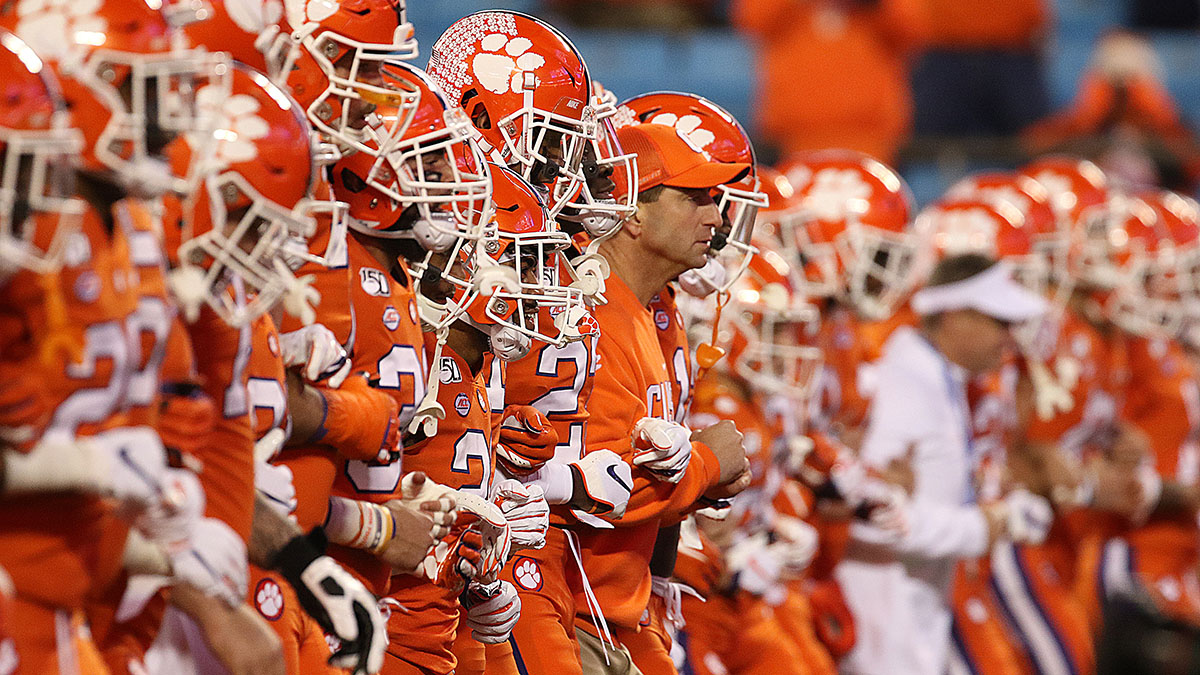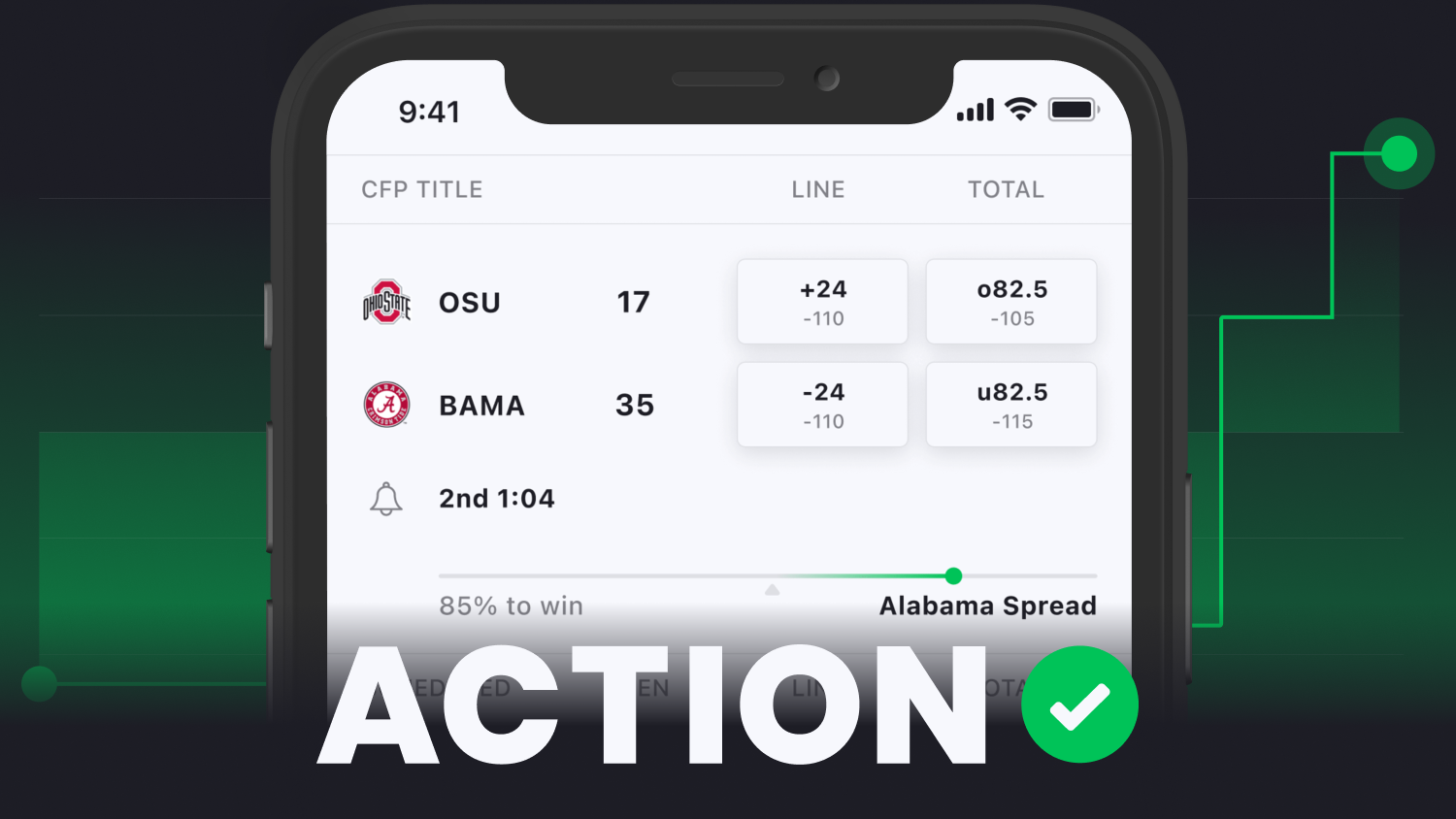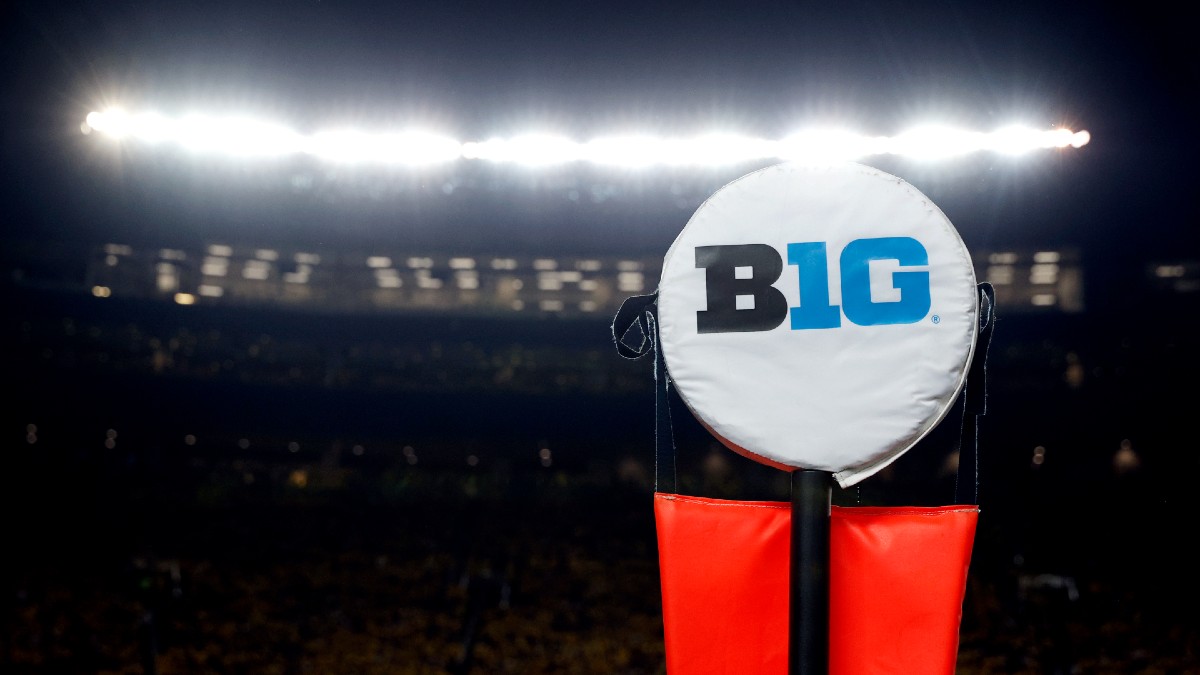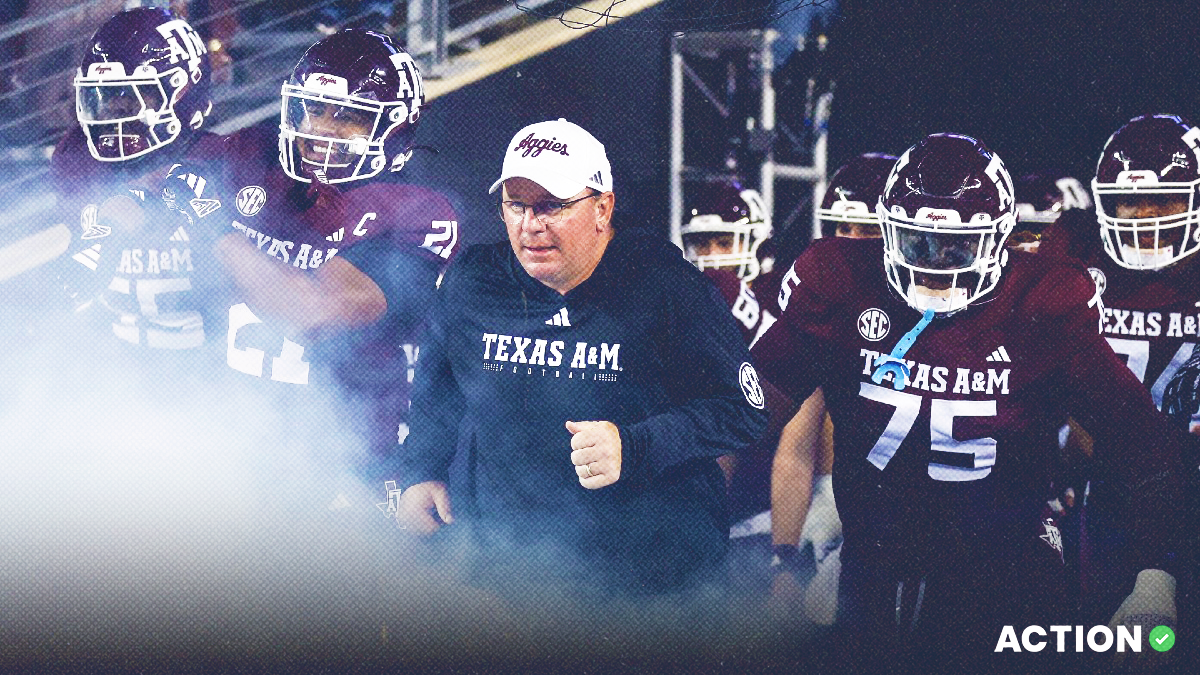AMELIA ISLAND, FLORIDA — On the first day of the ACC’s spring meetings at the Ritz-Carlton Amelia Island, the league’s “Magnificent 7” was exposed.
News broke that officials from the “Magnificent 7” schools — Clemson, Florida State, Miami, UNC, NC State, Virginia and Virginia Tech — had been working behind the scenes for weeks.
They were trying to figure out ways to (a) increase revenue because they believe they bring significantly more value to the league and (b) perhaps devise a way to make a clean break from the ACC and form their own conference.
To do so, the biggest hurdle (mountain) to clear is the league’s supposedly ironclad Grant of Rights, which runs through 2036.
On Wednesday, two days after my “Magnificent 7” tweet, the meetings concluded. Officials from all 14 schools and commissioner Jim Phillips put on their happy faces. They laughed and smiled. There was renewed optimism all around.
Publicly, they said all the right things about their renewed commitment and desire to make it work. The only thing missing was a verse of "Kumbaya."
Privately, it’s a much different story. The late, great Meat Loaf’s “Paradise by the Dashboard Light” provides a more realistic view of the schools’ view of the ACC’s Grant of Rights.
“I swore that I would love you to the end of time.
So now I’m praying for the end of time to hurry up and arrive,
‘Cause if I gotta spend another minute with you I don’t think that I can really survive.
I never break my promise or forget my vow.
But God only knows what I can do right now.
I’m praying for the end of time,
So I can end my time with you!”
An ACC athletic director told me that was “a pretty good comparison — and not a bad song. That sums it up rather nicely.”
The three days of meetings didn’t result in the “Magnificent 7” receiving a “get out of ACC jail” card, but they did succeed in moving closer to an unequal revenue distribution model based on performance. This will reward the more successful programs that make the College Football Playoff, bowl games and NCAA Tournament appearances.
It hasn’t been determined exactly how much more that revenue would mean for those schools — maybe up to $10 million a year — but that’s not a long-term solution. It’s basically putting a Band-Aid on a gunshot wound.
But don’t blame Phillips. He’s working tirelessly to keep the league together and the big brands happy. Unfortunately, he’s handcuffed by the league’s Grant of Rights. The same Grant of Rights, which was required by ESPN to create the ACC Network and save the league in 2016, is now a bulky anchor around the neck of a league taking on water.
It’s gotten to the point where Phillips admitted Wednesday the ACC is trying to remain third among the conferences in media revenue. Forget the gold or silver — the ACC’s hoping to land the bronze medal. “Go ACC! We’re No. 3!” could become the ACC’s rallying cry. Hey, at least it rhymes.

Because of the discrepancy in revenue between the Big Ten and SEC and the ACC, there has been a conga line of lawyers from various schools snaking their way to the ACC’s offices in Greensboro, North Carolina, to analyze the league’s Grant of Rights. It’s only a matter of time before we’ll start seeing bumper stickers: “Honk if you’ve been to Greensboro to examine the ACC Grant of Rights.”
Phillips stressed it’s “not a warning sign” that so many ACC schools (all of them?) have wanted to take a closer look at the Grant of Rights for any potential loopholes.
“These are schools that are under a lot of stress and lot of pressure, and I understand that — I really do,” Phillips said. “The reality is, our conference is third in the country in (revenue) distribution, third, and as we look at the projections, at least in this decade, we’re going to continue to be there. Now we want to close the gap. We need to close the gap between (us) and the top two conferences (the Big Ten and SEC) that have started to run away from us.”
Run away? The race is over. If the media rights revenue was a 100-meter dash, the Big Ten and SEC — or SEC and Big Ten, if you prefer — have crossed the finish line, while the ACC, Big 12 and Pac-12 are just settling into their starting blocks.
Virginia Tech athletic director Whit Babcock gave a tremendous explanation to the Richmond Times-Dispatch’s David Teel that summed up “The Magnificent 7” schools’ current mindset:
“The tough thing about being an AD in times of conference realignment, real or perceived, is there’s nothing you can really say that’s the perfect answer,” Babcock said. “If you are undyingly loyal to your conference, which the ACC’s been great to us, then your fan base thinks (you’re ignoring reality). If you come out and say you want to keep your options open, you’re not exactly making friends in the room and with the commissioner.”
The most lucrative option for ACC schools is to join the Big Ten or SEC, where they would earn at least $30 million more a year in media rights annually than they do currently. However, there's no guarantee anyone can decipher (or financially navigate and survive) the ACC’s Grant of Rights or if the Big Ten or SEC want to expand beyond 16 schools.
What can the ACC do as a league?
The only way the ACC can receive significantly more money from ESPN is by expanding. Sources told Action Network that if the ACC adds additional teams — whether from the Power 5 or Group of Five — ESPN contractually must pay the ACC a pro-rata amount for each new member.
The ACC, if it desired, could add four more schools (almost certainly Group of Five programs), pay them a reduced amount and split the remaining revenue between the existing members. However, that likely would only increase the current membership’s revenue by a few million dollars a year until the new members would earn full shares.
That scenario is unlikely, a source said.
“We already have too many mouths to feed,” the source said. “That’s not the answer.”
What is? Will an ACC school — or schools — challenge the Grant of Rights and find a lifeline in the Big Ten or SEC? Can the “Magnificent 7” recruit more members and band together to find a way to dissolve the conference?
It depends on how frustrated the schools get with the ever-widening revenue gap. For now, the ACC schools should be prepared to be stuck together “until the end of time” or until they can find a way out of the Grant of Rights. Whichever comes first.





















































